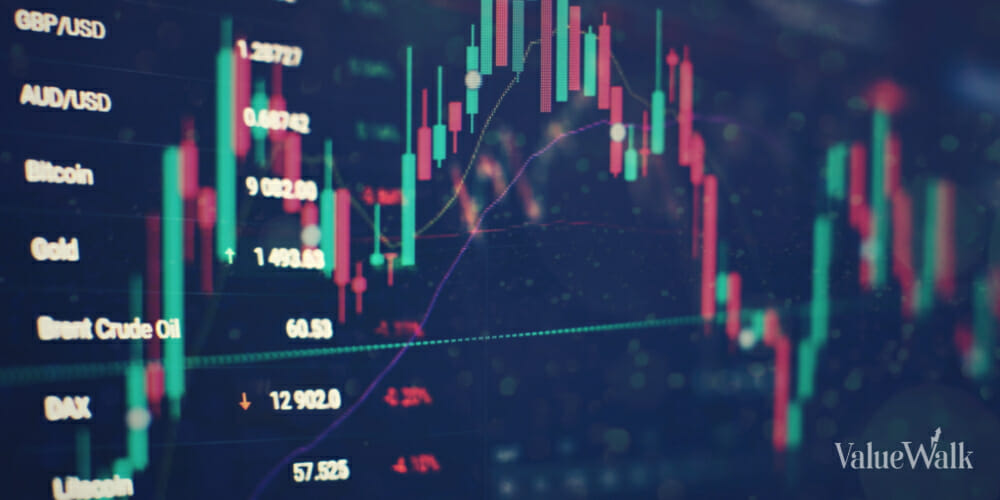- Optimism returns to Wall Street amid hopes inflationary pressures are easing.
- The energy shock remains The Nightmare on Downing Street with echoes of 1985 in the pound’s fall
- Recession warnings still flash for the UK, as hopes are pinned on an energy freeze package and FTSE 100 opens up slightly
- Investors set to tread water awaiting the ECB decision on rate hikes as Europe grapples with its gas problem.
- Recession warnings still flash for the UK, as hopes are pinned on an energy freeze package.
- Primark warns on margins as inflationary headwinds whip round the retailer.
Q2 2022 hedge fund letters, conferences and more
Wall Street Throws Off The Shackles Of Pessimism
There may be fresh storms brewing for the global economy but inflation is the tornado to tame and the drop in crude prices has lifted hopes in the US at least that the price spiral may be easier to control.
Wall Street threw off the shackles of pessimism with stocks surging as Brent Crude dropped below $90 a barrel. Although the Fed’s next moves may be hard and fast, there are signs that inflationary pressures may be easing more quickly, which would mean higher rates won’t linger for longer.
Amid data pointing to continued resilience of the US economy, and expectations of the ramp up in rates, the mighty dollar is pummelling currencies left and right as investors pile in to the greenback in search of cover from heightened uncertainty elsewhere.
With Europe facing an energy crisis, the fight in Ukraine showing no sign of ending and China still grappling with Covid outbreaks, the US right now looks like it’s getting off lightly from turbulence wracking the global economy.
In the week Russia confirmed it’s turning off the gas taps indefinitely to Europe, escalating worries about the winter ahead, ECB has indicated it still feels it has little option but to raise rates.
A wait and see mood is likely to be the order of the morning for European indices as investors watch out for policymakers' decision later to find out just how large that hike will be, and assess the extent of financial pain it could cause to companies and consumers.
Europe's Energy Shock
The pound has shifted up slightly from lows not seen against the dollar since 1985, when Ronald Regan was in power and Freddie Krueger had returned to screens as the monster under the bed.
Now the energy shock is the nightmare to deal with on Downing Street, with Liz Truss set to unveil her expensive subsidy plan later today to deal with the bill horror.
She’s still also set on slashing taxes, and adding a fresh burden to Britain’s debt pile in the hope it’ll kick start growth in the economy.
But warnings from the Bank of England are loud and clear, the UK won’t be able to avoid a recession, so the best case scenario is for now is that the troubled waters ahead are shallow and not deep.
The FTSE 100 has opened up slightly, with multinationals helped by the weaker pound, with miners among the gainers in early trade.
Primark’s resilience is now being tested by the inflationary headwinds whipping around the corporate sector.
It had managed to bat away these pressures pretty adeptly, but now margins and profits will take a hit as it plans to absorb higher input prices rather than pass them onto customers.
It clearly doesn’t want to put its value tag at risk when the fight for shoppers is set to intensify in the months to come. Volumes were already at risk for clothing retailers given that the latest retail snapshot showed that people were cutting back on non-essential items.
Knitwear sales though had surged according to the British Retail Consortium, and Primark could end up benefitting from the trend to stock up on cheap woollies to cope with a bleak winter season as thermometers are turn down to save on bills.
Article by Susannah Streeter, senior investment and markets analyst, Hargreaves Lansdown





